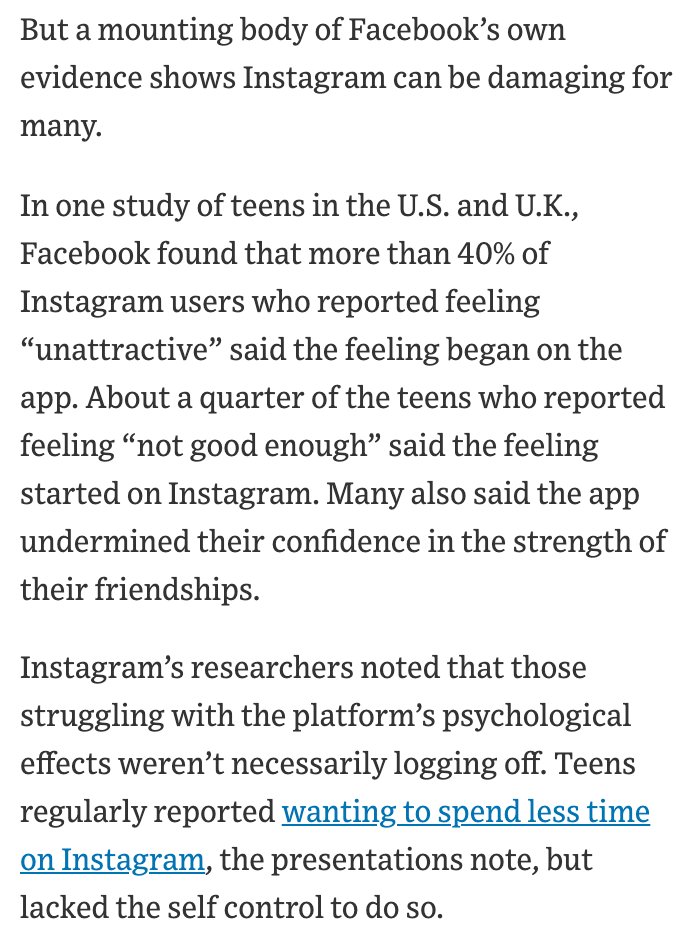
There is a fandom faction within both parties that says a lot about their forking paths
Republicans idolize conspiratorial, institution-smashing outsiders, while many Democrats make bobbleheads from bureaucratic heroes, or within-the-system saviors
theatlantic.com/ideas/archive/…
Republicans idolize conspiratorial, institution-smashing outsiders, while many Democrats make bobbleheads from bureaucratic heroes, or within-the-system saviors
theatlantic.com/ideas/archive/…
My point isn't that these distinct tastes for political heroes are equivalent, or equally rational.
But there is a difference here that clearly exists, which says something important, I think, about education polarization, trust in institutions, and baseline paranoia re: elites.
But there is a difference here that clearly exists, which says something important, I think, about education polarization, trust in institutions, and baseline paranoia re: elites.
I don't think everything is downstream of education polarization, but the GOP Outsider Savior vs. Democratic Insider Hero dynamic definitely is.
If, at a gut level, you just trust advanced-degree leaders of traditional institutions, you're gonna fish in that pond for heroes.
If, at a gut level, you just trust advanced-degree leaders of traditional institutions, you're gonna fish in that pond for heroes.
I want to emphasize this point. The Democratic Party is a riotous, chaotic coalition right now, and any "The Democratic Party is [x]" statement is probably wrong.
I am talking about "a narrow influential wing" that is forever shopping for a new hero
I am talking about "a narrow influential wing" that is forever shopping for a new hero
https://twitter.com/ReubenR80027912/status/1443562674554605571?s=20
• • •
Missing some Tweet in this thread? You can try to
force a refresh










